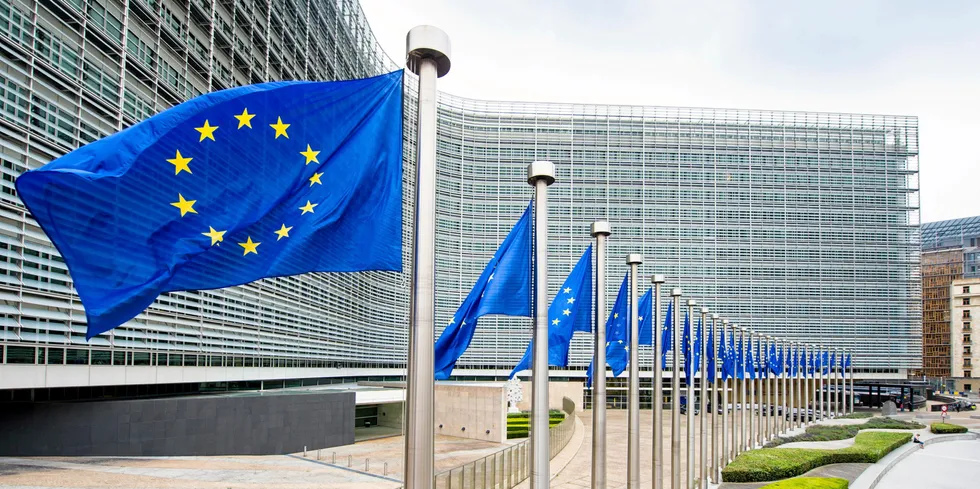'Russia's invasion of Ukraine puts the EU's energy transition on a war footing'
OPINION | Amid the horrors of warfare, Europe's awakening from its delusional slumber over Russian gas could have major implications for the global shift from hydrocarbons, writes Darius Snieckus
